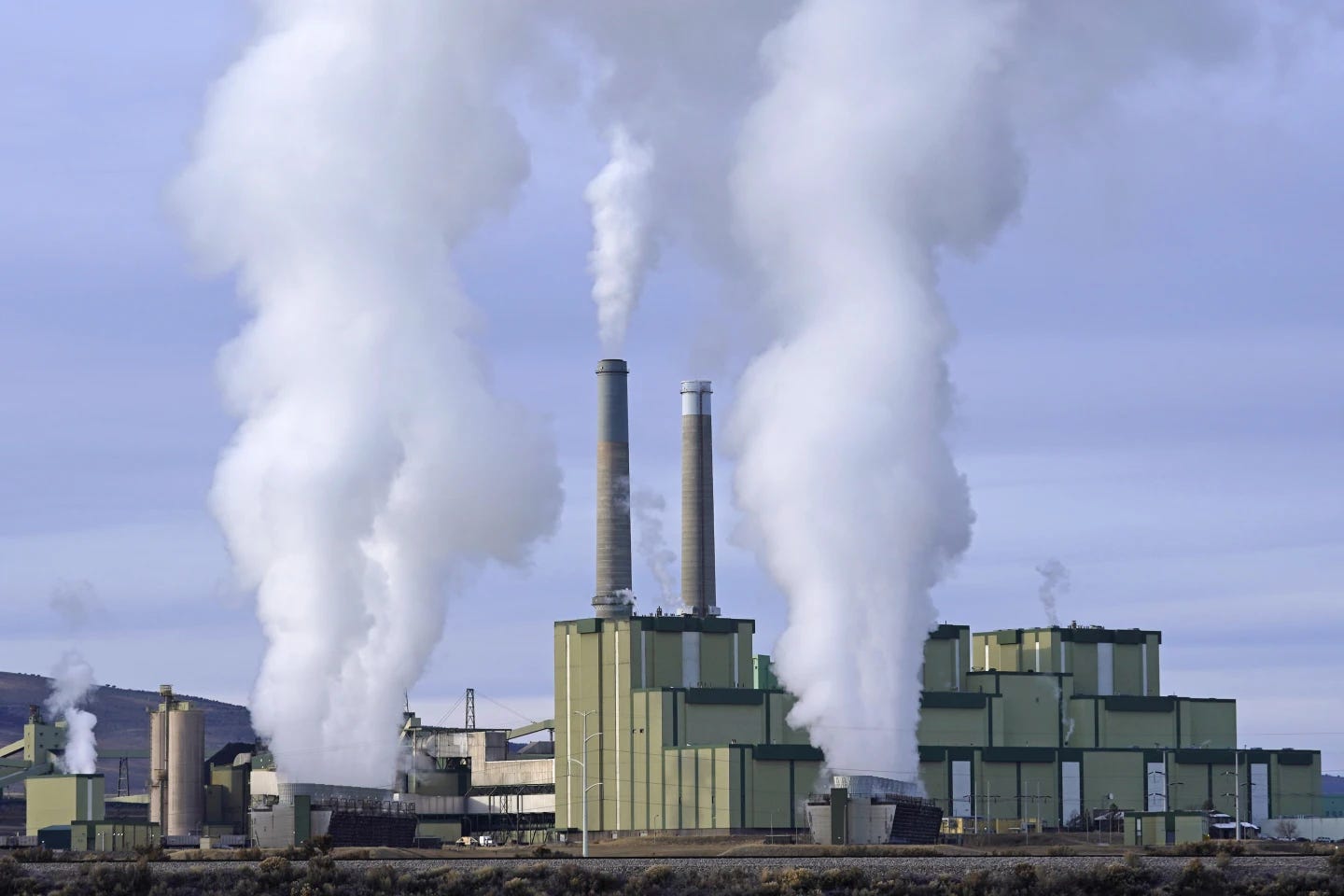Bonus 93: The Emergency Environmental Docket
Eight pending applications ask the Court to do the same thing it (wrongly) did in Ohio v. EPA in June—to use emergency relief to resolve critical environmental law disputes before any other court can
Welcome back to the weekly bonus content for “One First.” Although Monday’s regular newsletter will remain free for as long as I’m able to do this, much of the bonus content is behind a paywall as an added incentive for those who are willing and able to support the work that goes into putting this newsletter together every week. I’m grateful to those of you who are already paid subscribers, and hope that those of you who aren’t will consider a paid subscription if and when your circumstances permit:
I wanted to use this week’s bonus issue to dive into a bit more detail on the eight emergency applications now pending before the Court challenging the same April 2024 EPA rule that, among other things, would limit carbon emissions by coal- and gas-fired power plants beginning in 2030. A bunch of red states (led by West Virginia) and power plants and other industry groups challenged that rule in the D.C. Circuit. On July 19, a unanimous (and ideologically diverse) D.C. Circuit panel (Millett, Pillard, & Rao, JJ.) refused to block the rule while that challenge proceeds, while also moving to ensure that the full case is litigated expeditiously. Now, eight different sets of applicants, led by West Virginia, are asking the Supreme Court to short-circuit that review and put the rule on hold itself—and, in essence, to block the EPA action indefinitely.
If this all sounds familiar, it’s because this is following a remarkably similar script to Ohio v. EPA—the Court’s June ruling, also respecting emergency applications from many of the same states and private applicants, blocking the EPA’s “Good Neighbor” ozone pollution rule. The question is whether the Court is really going to let history repeat—and, in the process, sanction the creation of what is effectively a unique quasi-emergency docket just for particular types of environmental law cases. To make a long story short, the Court’s experience with Ohio v. EPA provides a bunch of reasons why it shouldn’t—even if you’re more sympathetic to the challenges here than I am.
For those who are not paid subscribers, the next free installment of the newsletter will drop on Monday morning. For those who are, please read on.



